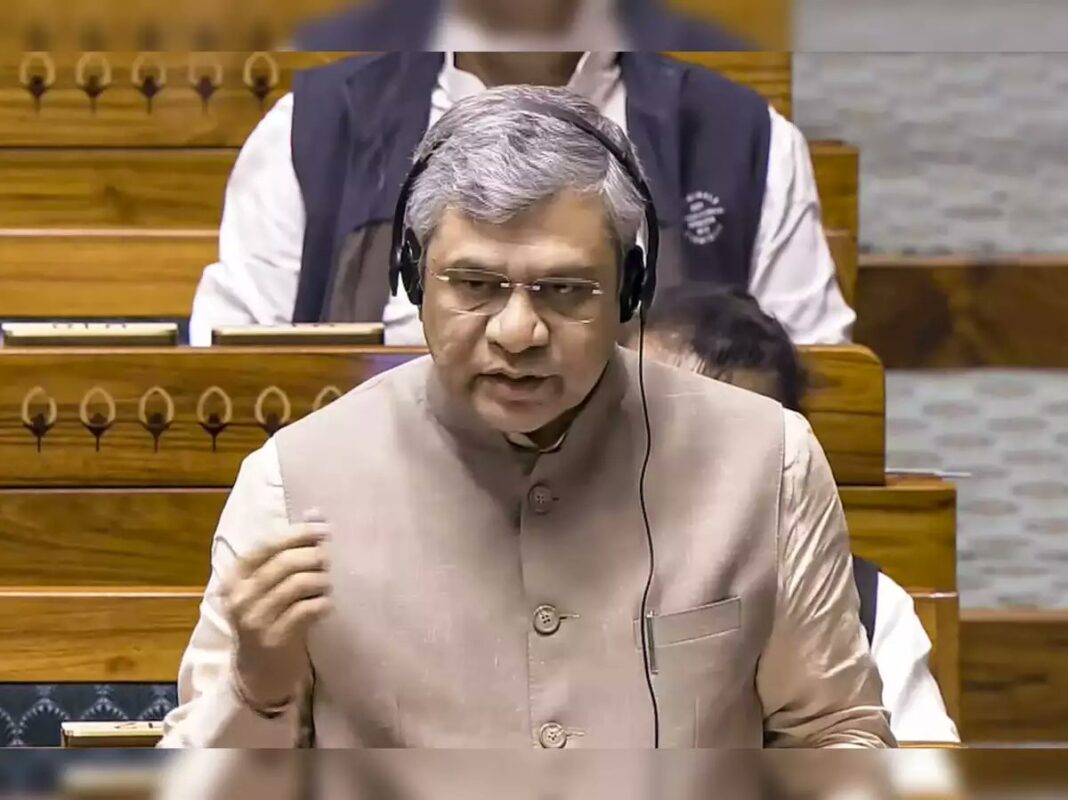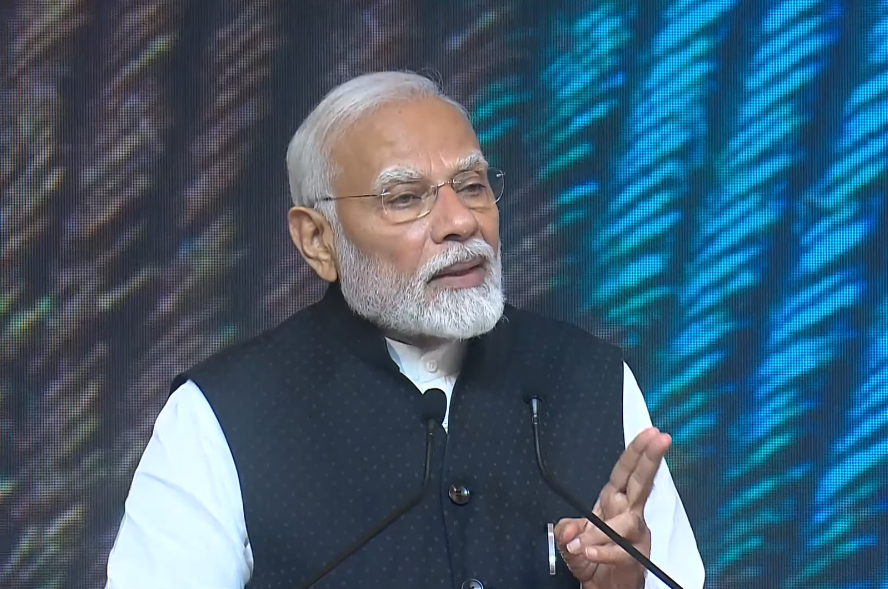On Wednesday, the Lok Sabha passed the Railways (Amendment) Bill, 2024 during the Winter Session of Parliament. Introduced by Union Railways Minister Ashwini Vaishnaw on August 9, the Bill received approval through a voice vote, despite disruptions in the House proceedings. The legislation aims to provide statutory authority to the Railway Board and introduce significant structural reforms in Indian Railways.
Key Features of the Railways (Amendment) Bill, 2024The Railways (Amendment) Bill, 2024 seeks to amend the Railways Act, 1989. One of the primary objectives of the Bill is to grant statutory authority to the Railway Board, which has operated without such legal backing since its establishment. Under the new provisions, the Central government will now have the power to decide the composition of the Railway Board, including the number of members, their qualifications, experience, and terms of service.
Other notable features of the Bill include:
1. Independent Regulator: The Bill proposes the creation of an independent regulator responsible for overseeing key areas such as tariffs, safety, and private sector involvement in Indian Railways. This move is expected to encourage competition and safeguard the interests of various stakeholders.
2. Autonomy for Railway Zones: The Bill seeks to decentralise decision-making by giving greater autonomy to railway zones. This includes control over financial and operational decisions, such as budget management, infrastructure upgrades, and recruitment. The move responds to long-standing demands for regional independence, which have been recommended by several committees over the years.
3. Financial and Regional Developments: The introduction of Section 24A aims to facilitate faster infrastructure development and superfast train operations. Specific projects, such as extending the Arunachal Express through new routes, are expected to benefit regions like Bihar.
Opposition Concerns
The Bill has drawn significant criticism from opposition parties, who raised several concerns about its potential impact on the Indian Railways system.
1. Privatisation Fears: Opposition MPs expressed worries that the Bill could lead to the privatisation of the railways. Congress MP Manoj Kumar warned that this might reduce accessibility for economically weaker sections of society. Samajwadi Party MP Neeraj Maurya also criticised the absence of an all-party consultation before the Bill’s introduction.
2. Erosion of Autonomy: Several lawmakers, including TMC’s Kalyan Banerjee, voiced concerns that the proposed changes could undermine the independence of the Railway Board. Banerjee also raised issues related to safety, urging the government to prioritise reducing operating costs and enhancing passenger amenities.
3. Passenger Welfare: MPs from various parties demanded the restoration of fare concessions for senior citizens, journalists, and economically weaker sections, which were discontinued during the pandemic. Independent MP Rajesh Ranjan and Congress MP Gurjeet Singh Aujla criticized the Bill for potentially neglecting passenger welfare and promoting privatisation.
Government’s Response
Railway Minister Ashwini Vaishnaw responded firmly to the criticism, dismissing the allegations of privatisation as a “fake narrative.” He clarified that the Bill’s focus is on improving efficiency and streamlining the governance of Indian Railways. Vaishnaw also pointed out that similar attempts to misrepresent previous amendments by the opposition had failed, and he asserted that these attempts with the current Bill would not succeed.
With the Railways (Amendment) Bill, 2024 now passed in the Lok Sabha, it is set to bring about crucial reforms aimed at modernising India’s railways and enhancing operational efficiency. However, the Bill will likely continue to spark debate as it moves forward in Parliament.






